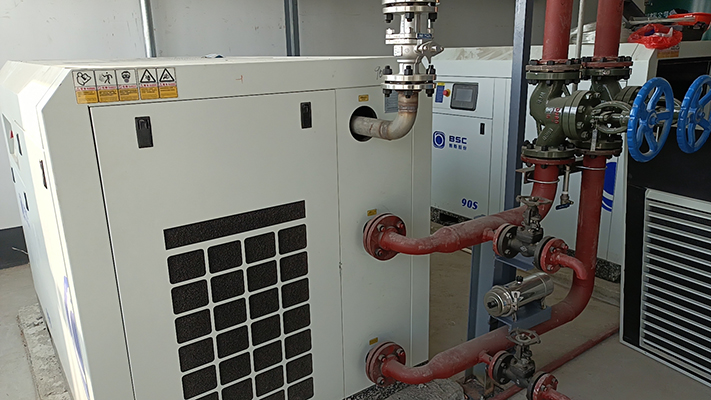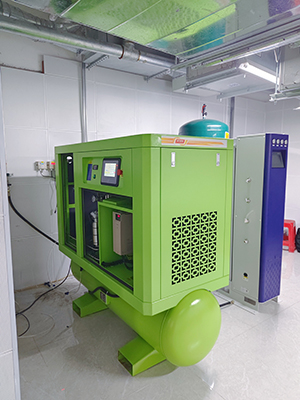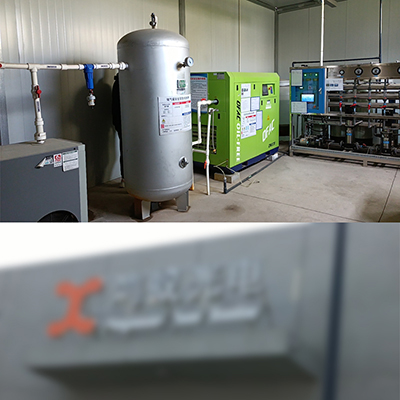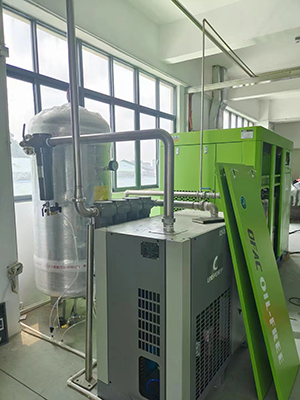Rotary Screw Air Compressor Motor Power Selection
News 2025-10-24
Rotary screw air compressors are fundamental in industrial settings, delivering consistent compressed air for a wide range of operations. Choosing the right motor power is essential to match the system’s demands, ensuring efficient energy use and reliable performance. This selection process considers factors like air flow needs, operational pressure, and the specific requirements of the application, helping to avoid common pitfalls such as underpowering or over-specifying equipment. By focusing on these elements, industries can achieve cost savings and enhanced productivity in their compressed air systems.

Selecting motor power begins with assessing the compressor’s air delivery capacity, measured in cubic feet per minute (CFM), and the required pressure in pounds per square inch (PSI). Other considerations include the duty cycle, which indicates how often the compressor operates, and environmental factors like humidity and elevation that can influence efficiency. Accurate calculations based on these variables prevent energy wastage and equipment strain, promoting longevity and reducing operational costs in demanding industrial environments.
Proper motor power choice enhances the compressor’s efficiency, leading to lower energy consumption and reduced heat generation. This results in quieter operation and less wear on components, extending service life and minimizing maintenance needs. In high-stakes applications, such optimized performance ensures consistent output, supporting processes that demand precision and reliability, ultimately contributing to better overall system uptime and cost-effectiveness.
Motor power selection plays a pivotal role in industrial processes by ensuring that compressed air systems integrate seamlessly with other machinery. In sectors like manufacturing and automotive, it supports critical functions such as powering tools and controlling automation, where any failure can halt production. By prioritizing this aspect, businesses not only boost operational efficiency but also adhere to energy regulations, fostering sustainable practices that benefit both the environment and the bottom line.


